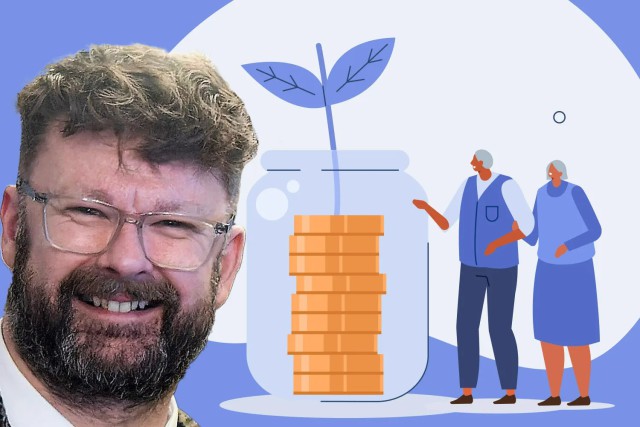Is your debt becoming a problem?
Signs that your debt is becoming a problem include relying on credit for essentials and only making minimum repayments. Late fees from credit providers are also a red flag.
Where to find help
Organizations like StepChange, Citizens Advice, National Debtline, and the government's MoneyHelper service offer free and impartial advice on managing debt. They provide online, phone, and face-to-face support.
Free advice vs. paid services
Most debt advice is free, but be cautious of scammers posing as reputable charities. Check website URLs and phone numbers and consult the Financial Conduct Authority's register to ensure an organization is regulated.
Impact on credit score
Seeking debt advice does not affect your credit score. However, certain debt solutions, like repayment plans or insolvency, will be reflected on your credit report. Falling behind on payments may have already impacted your score.
Understanding priority debts
Priority debts, such as mortgage payments, rent, and utilities, have more serious consequences if left unpaid. Address these debts first before tackling consumer credit debt.
Saving while in debt
While it's important to prioritize debt repayment, there's nothing stopping you from saving money. However, it's usually financially beneficial to pay off high-interest credit products before saving. Consider setting aside a small amount as a savings buffer if you're able to meet all your debt payments.
Did you miss our previous article…
https://hellofaread.com/money/from-council-estate-to-millionaire-the-inspiring-story-of-jordan-smith/








